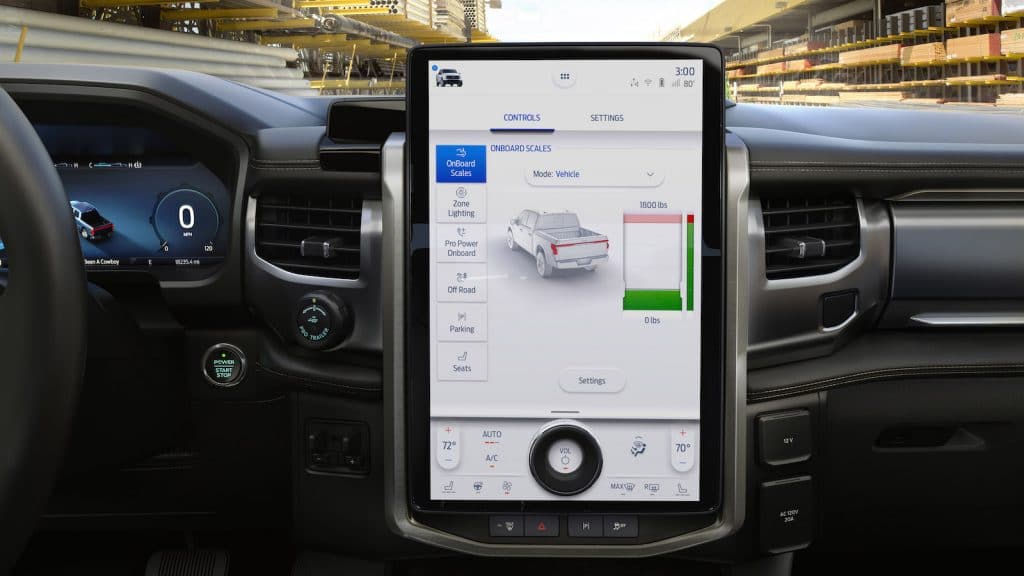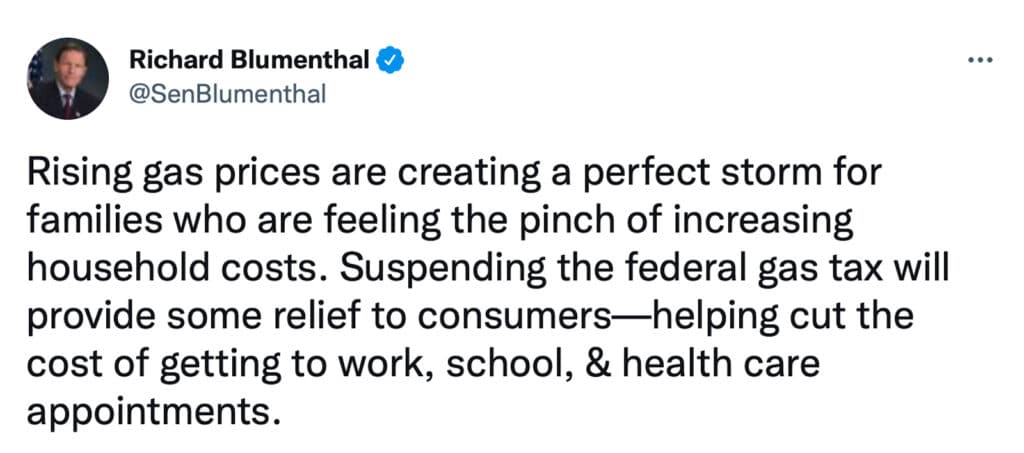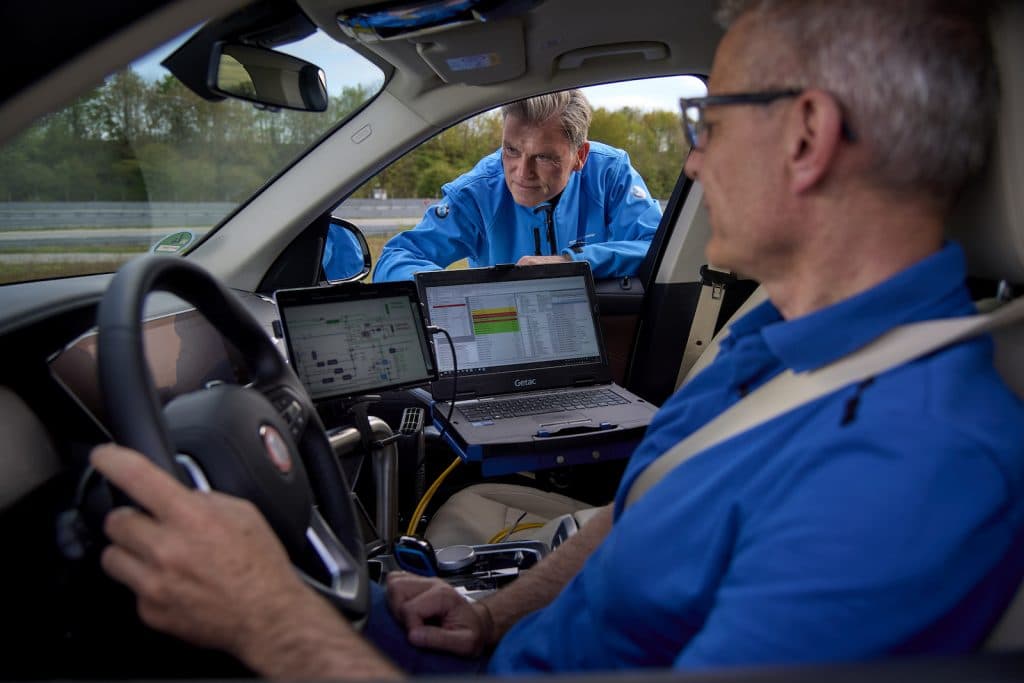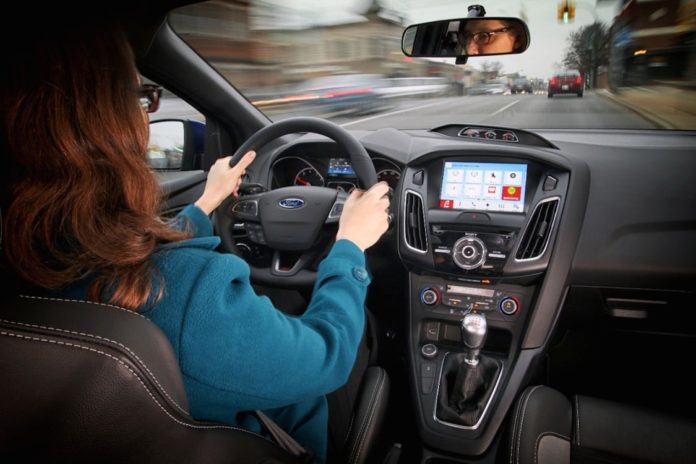As the world approaches the third anniversary of the COVID pandemic, “It’s a little bit somber. People are feeling overwhelmed,” said Jen Brace, Trends and Futuring manager at Ford Motor Co.
That was one of the key findings of the automaker’s 11th annual Future Trends Report which asked 16,000 respondents in 16 countries around the world about a variety of issues — everything from personal finances to politics to social media.
While responses often varied from one country to the next, the report reveals a clear sense of pessimism worldwide, starting with the fact that 68% of the respondents “said they are feeling overwhelmed,” Brace revealed during a webinar hosted by the Society of Automotive Analysts Wednesday afternoon.
Celebrating little wins
But it also found that “People are looking for the silver lining … and celebrating little wins.” And, said Brace, one place where the overwhelming majority of folks said they “find joy (is) in driving their car.”
The pandemic has clearly contributed to a global sense of pessimism, according to Brace, with this year’s study revealing some of the most gloomy replies in the 11 years of the Future Trends study. But there are other factors at work, she noted during the 90-minute session.
Trust is on the decline, and the environment is a big concern
“Globally, 51% (of respondents) said their trust in political structures has gone down,” she said, noting that Americans were among the most negative when asked about the current state of politics and their politic systems. Notably, the responses “continue(d) to decline” compared with prior years.

The majority of respondents expressed concerns about a variety of issues, from inflation to personal safety. More than half said their personal financial situation has gotten worse during the last months. But the environment was one of the biggest single issues.
Interest in EVs on the rise
“Seventy-eight percent fear if we don’t take action now our planet may become unlivable,” said Brace.
EVs are seen as one of the ways to improve the environment and 42% of those surveyed said they are considering the purchase of a battery-electric vehicle. The numbers were notably lower in the U.S., only a third of the men and women polled thinking about such a purchase.
That said, “this is a number we’ve continued to see go up,” from as low as 15% ahead of the pandemic, said Brace.
Taking charge
The study wasn’t entirely gloomy, and even where respondents were concerned, there were some of those silver linings. While 64% of people surveyed said “they’re not being represented politically,” 74% said they are “envisioning” a more positive future and plan to take the steps necessary to make that happen.

For some, that involves a bit of hedonism, roughly two-thirds of those polled saying that they don’t plan to continue depriving themselves of the comforts of life because the future could get worse.
Perhaps not surprisingly, the gloomy global outlook has led to a crisis level when it comes to mental health, 58% saying they have reached a critical level of stress. Baby Boomers expressed the lowest level of concern, only 19% saying they’re at a level of uncertain mental health. Gen Y and millennials expressed the biggest concerns.
Social media and personal privacy
The survey looked into the role that social media is playing and found some widely divergent viewpoints.
“Seven of 10 people feel tied to (other) people through social media,” said Brace. But 26% said social media makes them feel lonely and “29% said it is toxic.”
Looking at the “technologies we love and hate,” the Future Trends Report found particularly deep concerns about how technology is allowing government and big business to keep an ever-closer eye on individual consumers. About 43% of men and 50% of women are concerned their personal information is falling “into the wrong hands.” And fully three-quarters of respondents fretted that “everything we do will be tracked and monitored by technology” by 2035.

How concerned respondents were about the role of technology and privacy varied substantially from one country to the next. Oddly, said Brace, Americans were far more concerned than respondents in China where the government has one of the world’s most aggressive personal tracking policies.
The study also found a solid majority of respondents expecting the metaverse to “completely transform” our lives in the future.
The joy of driving
Looking to the future, a very slight global majority, at 51%, said they expect life to be better in five years. The figure was at a low of 36% among Germans. In the U.S. it was 48%. Fully 85% said that “love and forgiveness” are critical to improving the future world.
And perhaps a new automobile? According to Brace, fully 86% of the people surveyed said “they find joy in their car.” But what that means varies by generation. Half of those folks pointed to the act of driving — 55% among Americans. But for Gen Y and millennials, the big attraction was being able to listen to music while in their car.
In another curious contradiction, 20% of the respondents said that driving allowed them to “connect with others,” while another 20% said the real plus was being able to drive alone.
Rethinking work
The pandemic may have created a pessimistic tone but it has also gotten folks around the world to consider how they want to lead their lives.
Among other things, the survey found fewer and fewer respondents wanting to work conventional 9-to-5 jobs, and more looking to work at home. While it wasn’t directly dealt with in the Future Trends study, Brace said she’s seeing growing interest in shifting to a four-day work week, especially in Europe.
And while there are still some who believe that greed is good, the study also found a solid majority saying that they don’t care about becoming wealthy. They just want to make enough money to be able to do the things they enjoy.

